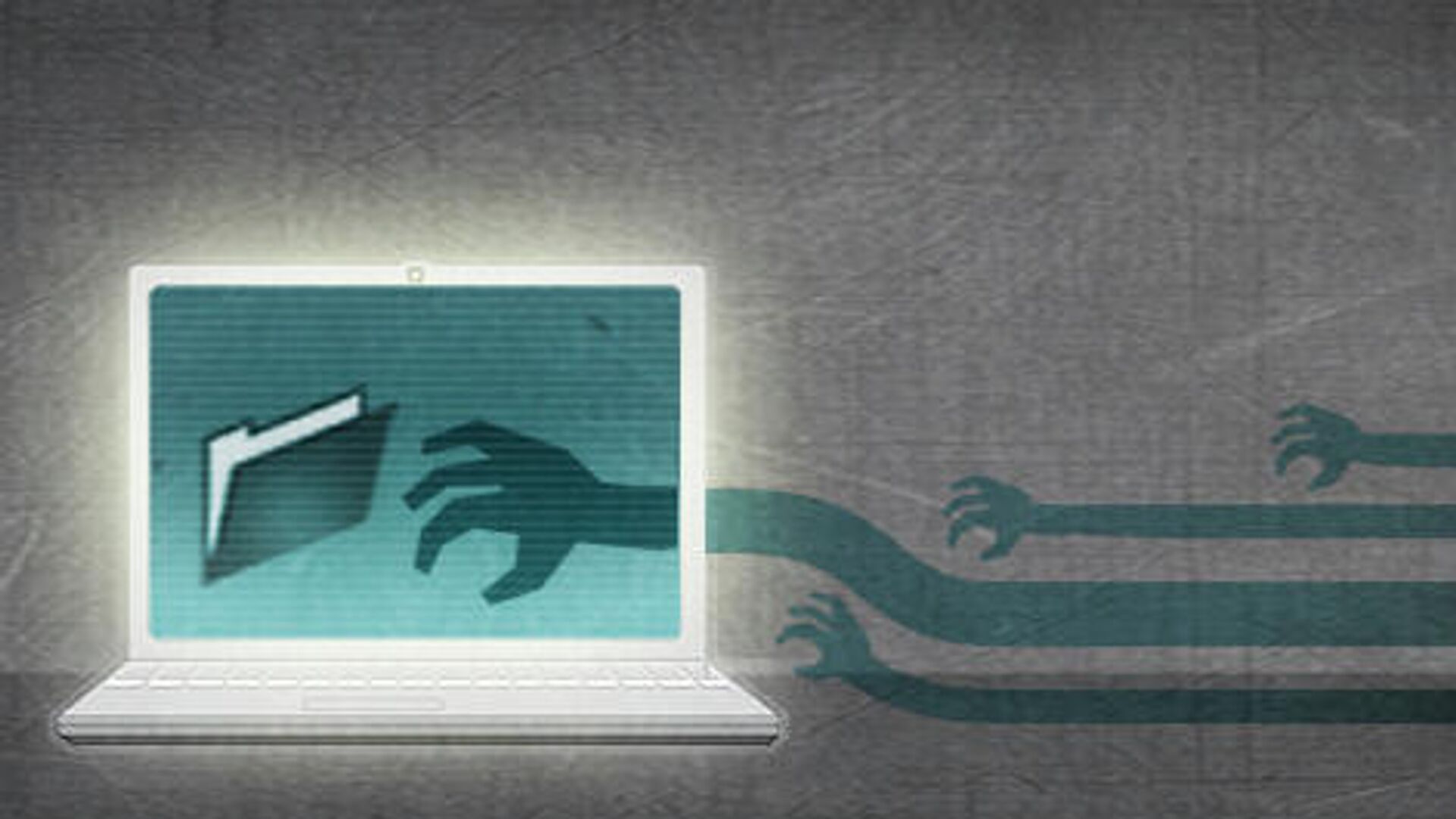From Bollywood actors Esha Deol, Vikrant Massey, Ameesha Patel and Urmila Matondkar, to filmmakers Farah Khan and Anand L Rai, to singers Asha Bhosle and Ankit Tiwari and to internet influencer Shenaz Treasury, there has been a sudden rise in the hacking of social media accounts of celebs during the pandemic.
Actor Riteish Deshmukh, whose Instagram account was reportedly hacked last month, took to social media to share how he and other celebs fell prey to a new phishing attack. One of the most common cybercrimes, hackers try to steal or 'phish' confidential information on the internet such as passwords, bank details, and data through deceptive emails or messages with links to a malicious website.
Pretending to be an Instagram security bot, hackers sent Deshmukh a direct message on his Instagram messenger which reads: “A copyright violation has been detected in a post on your account. If you think copyright infringement is wrong, you should provide feedback. Otherwise, your account will be closed within 24 hours. You can give feedback from the link below."
After carelessly clicking the link in the message, he was debarred from accessing his Instagram account and lost all his posts and other important information.
He complained to the police at Maharashtra state’s cybercrime cell, who retrieved his Instagram account and issued an advisory on social media about the new cyberattack – ‘Instagram Copyright Phishing Scam’.
This is what i got on my @instagram DM - #CyberFraud #Beware @MahaCyber1 pic.twitter.com/3YWEz5rFpx
— Riteish Deshmukh (@Riteishd) January 7, 2021
Cyber expert Beenu Arora, the CEO of the Cyble security firm, shares that when cybercriminals attempt to phish their target to steal credentials, they often send official-sounding messages with a sense of urgency to drive the recipient to take action.
“Notice of copyright violation along with the threat of account deletion tricks victims into disclosing sensitive credentials to “resolve” a situation. People often comply with the instructions to submit details in online forms for account verification,” Beenu tells Sputnik.
Many Bollywood celebrities fell into the ‘Copyright Phishing Scam’.
On January 10, actress Esha Deol, daughter of veteran Bollywood actors Dharmendra and Hema Malini, tweeted that her Instagram account had been hacked after she wantonly clicked on a "copyright violation" message.
This morning my official Instagram account imeshadeol got Hacked , so please don’t reply to any msg if you received any from my Instagram account. Sorry for the inconvenience.
— Esha Deol (@Esha_Deol) January 10, 2021
Insta Id : imeshadeol pic.twitter.com/AbLg79WxIY
Actor Vikrant Massey Facebook and Instagram accounts were hacked twice in December 2020 after he also made the mistake of clicking on similar 'security violation' messages.
Instagram hacked again. Please refrain from clicking on any link or DM‘s.
— Vikrant Massey (@masseysahib) December 30, 2020
We’re working on it. 🙏🏽
Similar situations have happened to legendary singer Asha Bhosle, actor-politician Urmila Matondkar, celebrity interior designer Sussanne Khan and choreographer-director Farah Khan, and the list goes on.
View this post on Instagram
Please be aware that my Instagram account has been hacked and you may receive a message as has been posted below. Pls ignore it and do nothing. We're trying to get my account back in my control soon. Thank you pic.twitter.com/ncgSC4Fw20
— ashabhosle (@ashabhosle) January 4, 2021
Thank you @cherylanncouto @TwitterIndia for reinstating my Twitter handle after it was hacked and deleted.. n special thanks to @karanjohar @siddharthkadam for facilitating this.. also @MahaCyber1 for being so helpful. Be vigilant people.
— TheFarahKhan (@TheFarahKhan) January 4, 2021
My Instagram account has been hacked 🤦♀️🤷♀️@instagram
— Urmila Matondkar (@UrmilaMatondkar) December 16, 2020
First they DM you n ask to follow a few steps n verify the account n it then it gets hacked..really..!!???#notdone 👎🏻👎🏻
The impact of hacking the social media accounts of celebrities ranges from financial losses to a risk of loss of reputation.
“More often the data is auctioned in the cybercrime marketplace - Darkweb - that involves big money and opportunities for social manipulation. The more famous or influential the person, the more it will drive a bidding war,” Beenu shares.
“The sensitive data can also be used to scam the family, friends, and fans of celebrities. It could lead to public embarrassment and threaten their social status and careers,” she adds.
India’s noted cybercrime expert and privacy advocate, Pavan Duggal, tells Sputnik that phishing is one of the most common cyber-criminal activities and has surged during the pandemic.
“The golden age of cyber crime has begun with the Covid 19 pandemic. Never in the history of the internet have we seen such high frequency and kinds of cyber criminal activity that we are now seeing. Phishing is a cyber security breach offence and cybercrime through social media needs to be looked at in a completely independent unit,” Duggal underlines.
Despite a rise in the number of cyber crime cases, Duggal points out that conviction rates in cybercrime in India is poor, as trying to arrest a hacker who could be anywhere in the world is the biggest challenge.
“The conviction rate in India of cyber crime cases is below 1 percent. It means that for every 100 cases that get registered, less than 1% of case get conviction and many don’t get registered as a police complaint. That’s because most of the hackers are either located outside India or they use a large number of anonymisers tools to hide their footprints to get traced online,” Duggal underscores.
After the amendment of the Information Technology (IT) Act, 2000, a majority of cyber crimes have been made a bailable offence. “Once people come out of jail, they start deleting all electronic incriminating evidence and that makes it impossible to get them convicted,” Duggal explains.
The need of the hour is to teach users - even celebrities - to make intelligent choices first, and then create a robust mechanism to deal with cyber crime in the nation's infrastructure. “It’s high time that India must become a part of the International treaty or mechanism such as the Budapest Convention to combat this rising crime. There is a need to amend the IT Act and dedicated legal provisions on cyber-crime. We also need more capacity building to law enforcement agencies in detection, investigation and prosecution of cyber crimes in India,” Duggal said.



